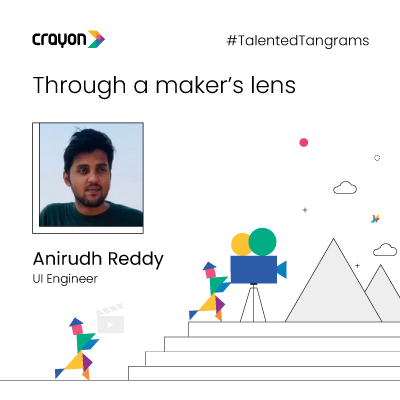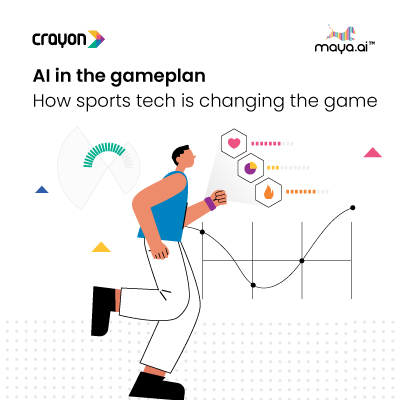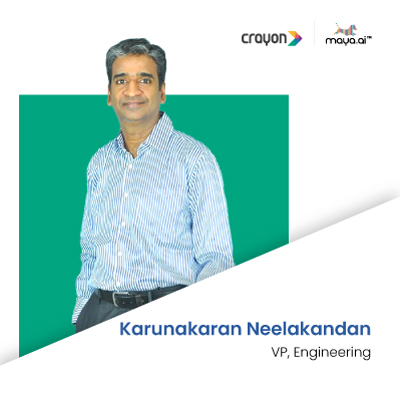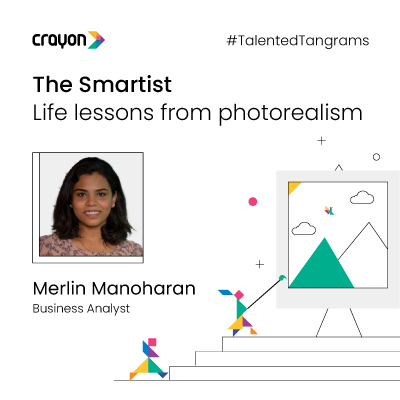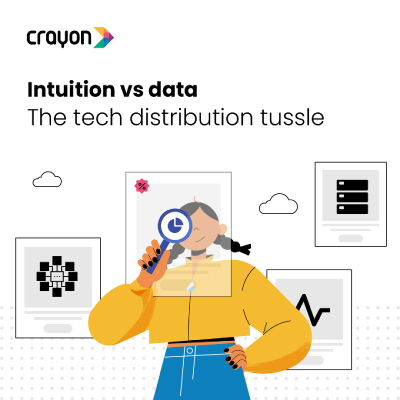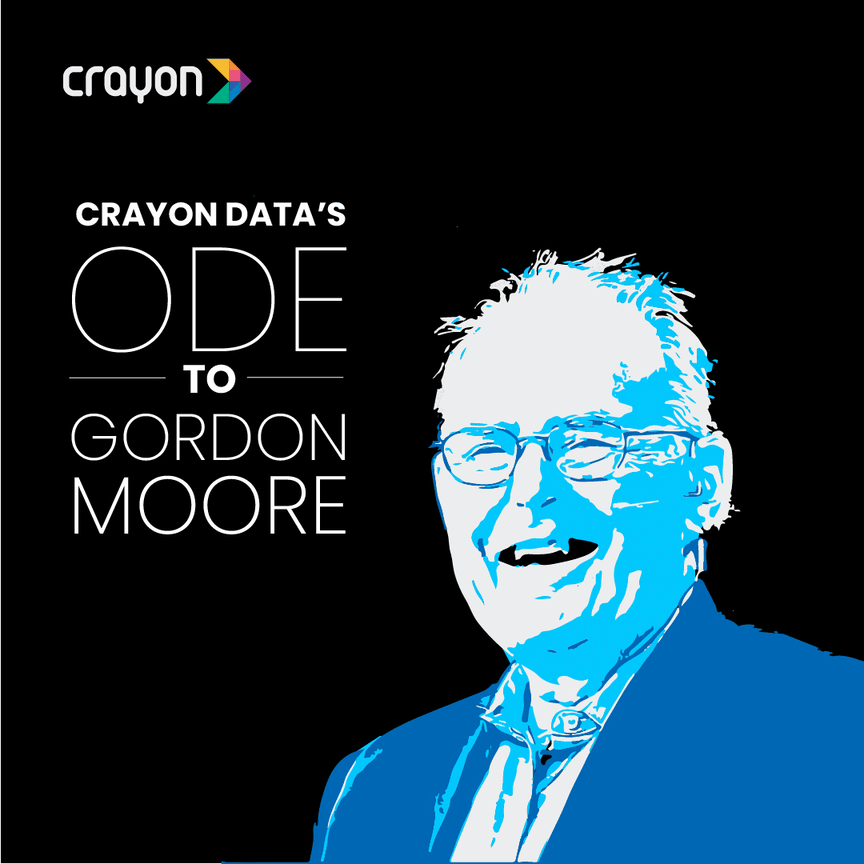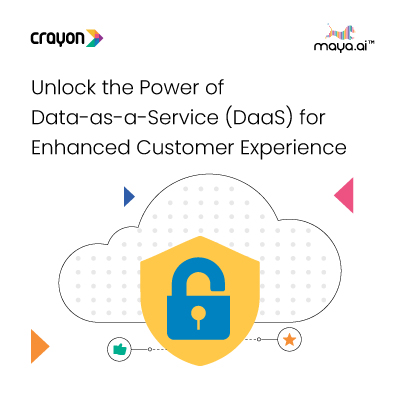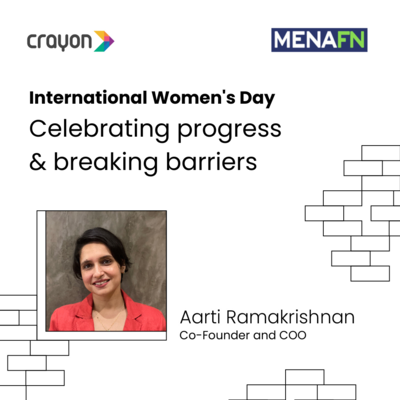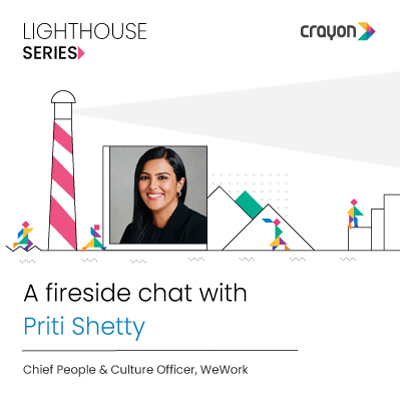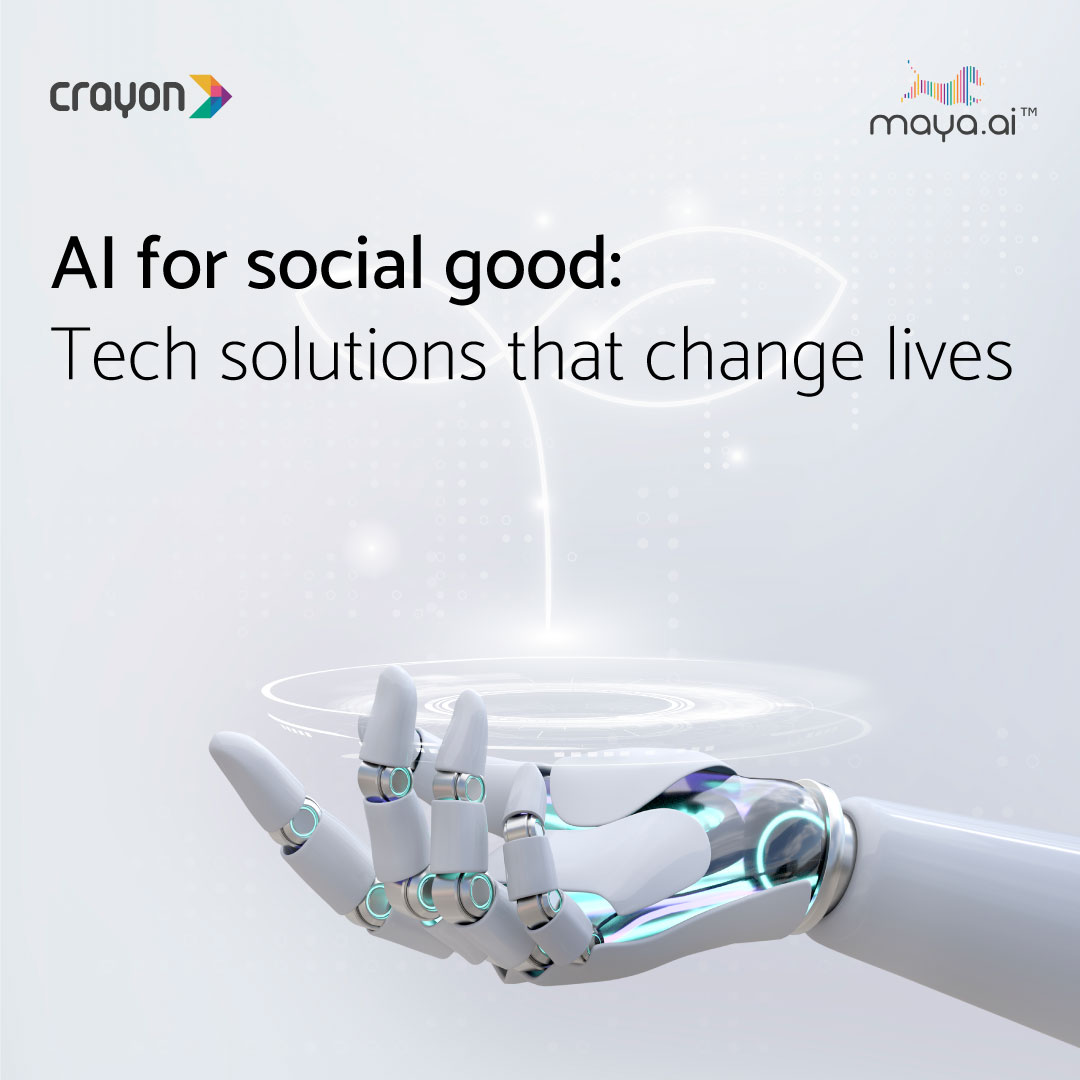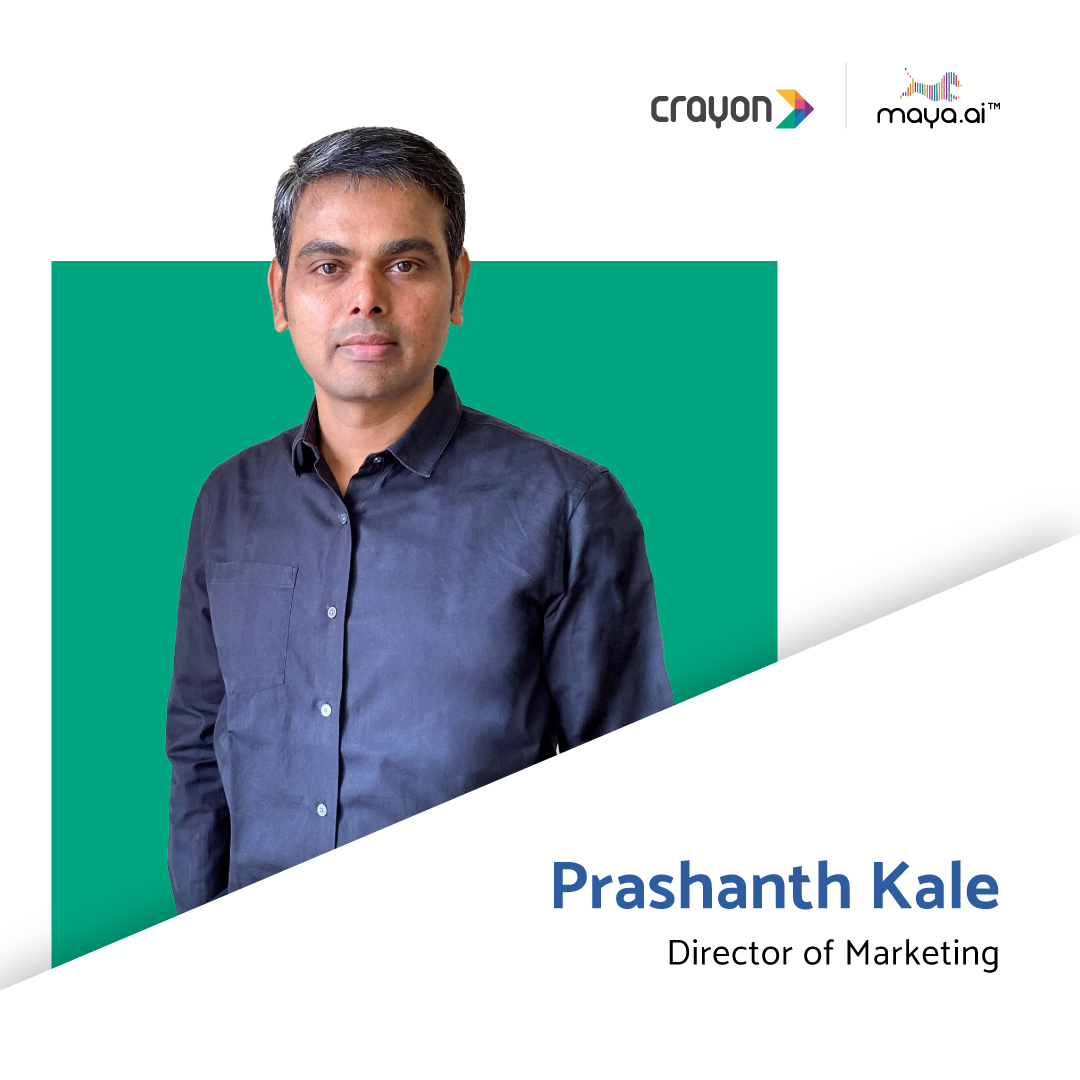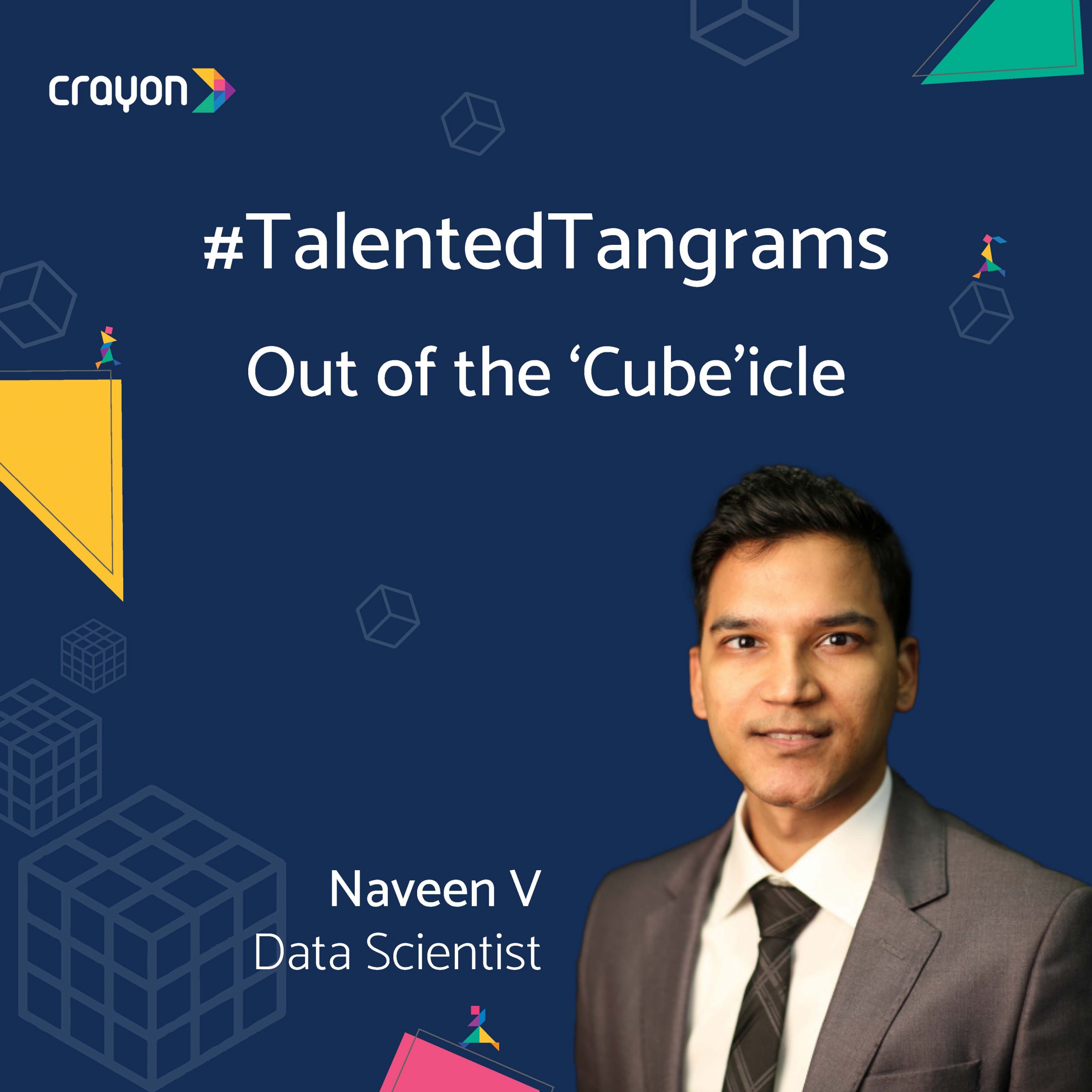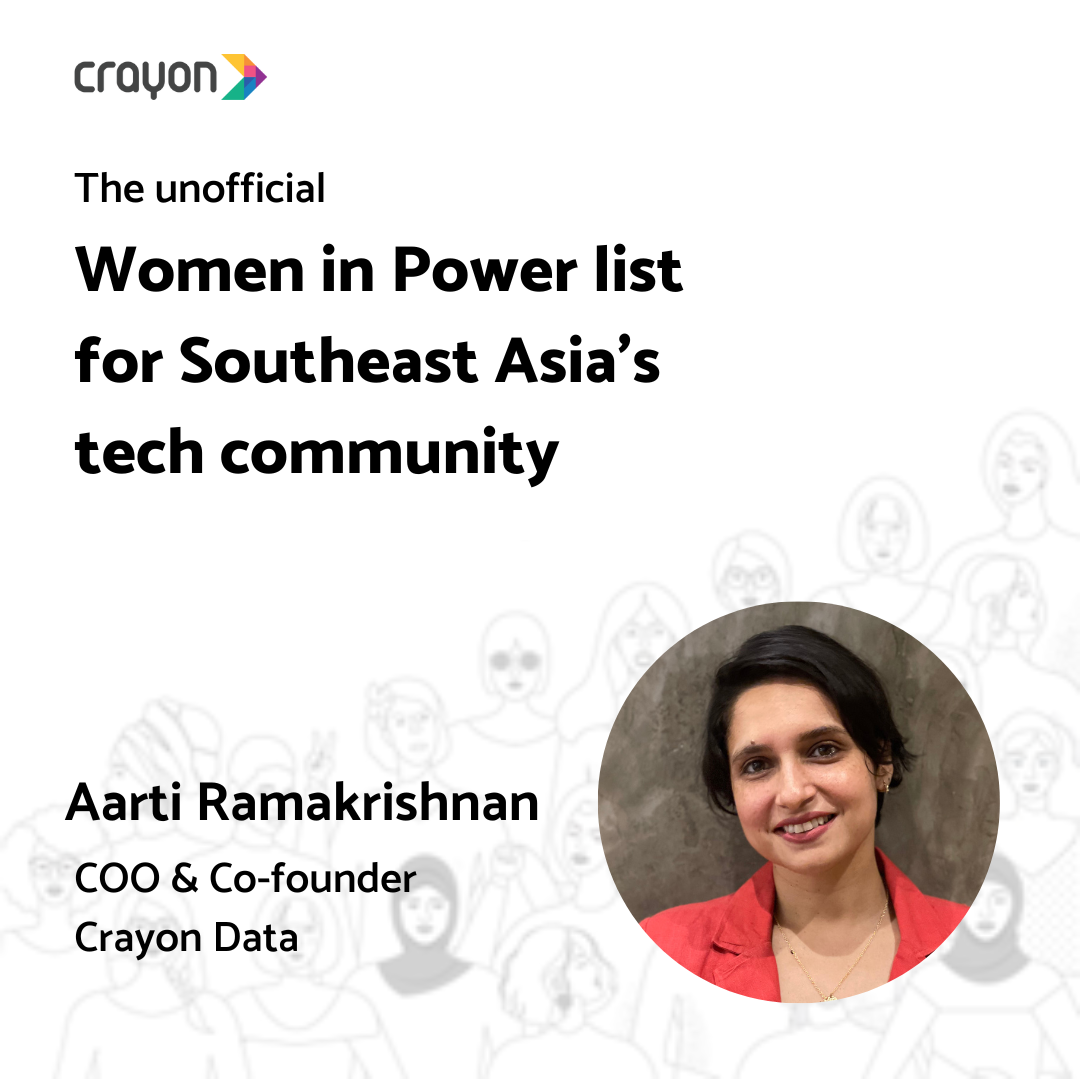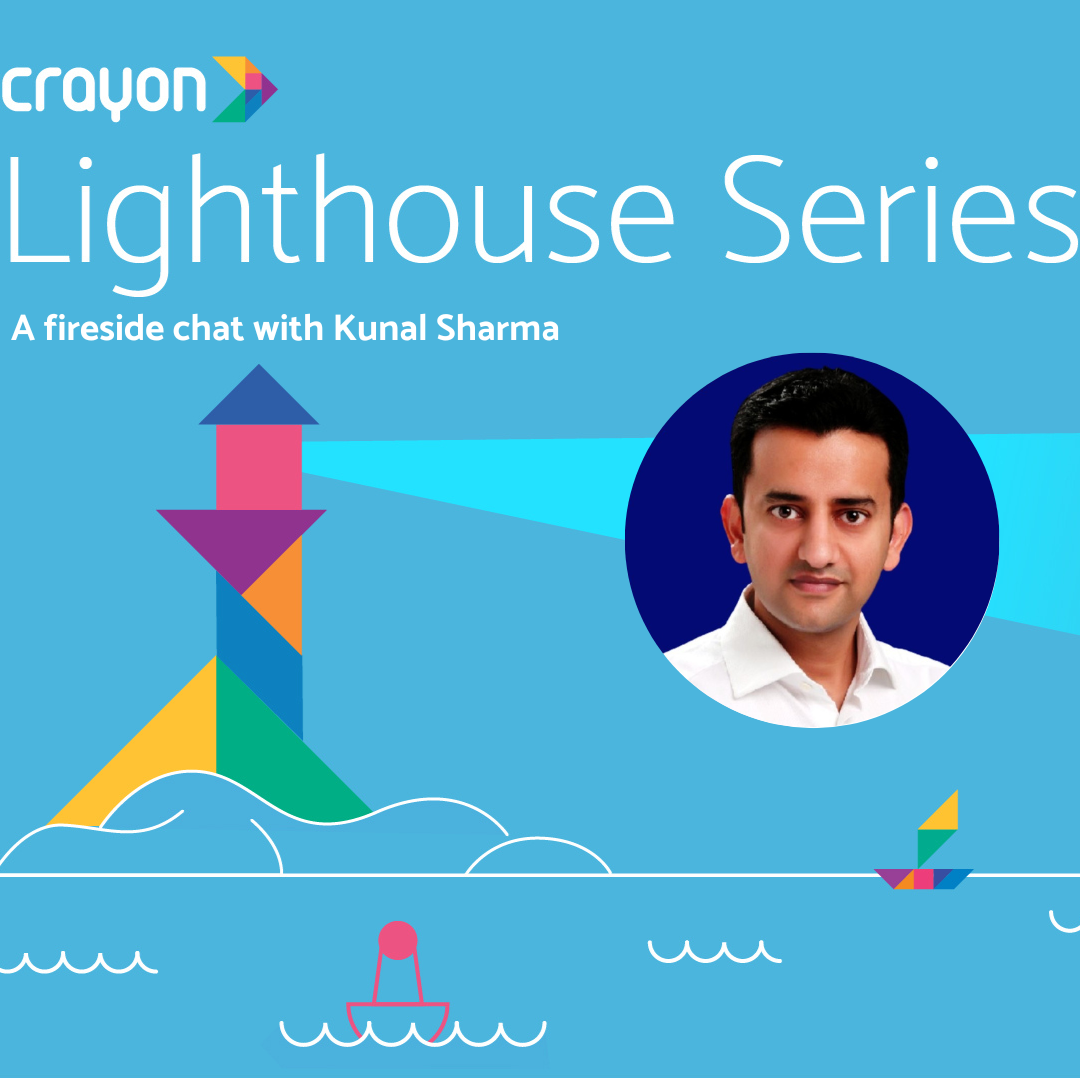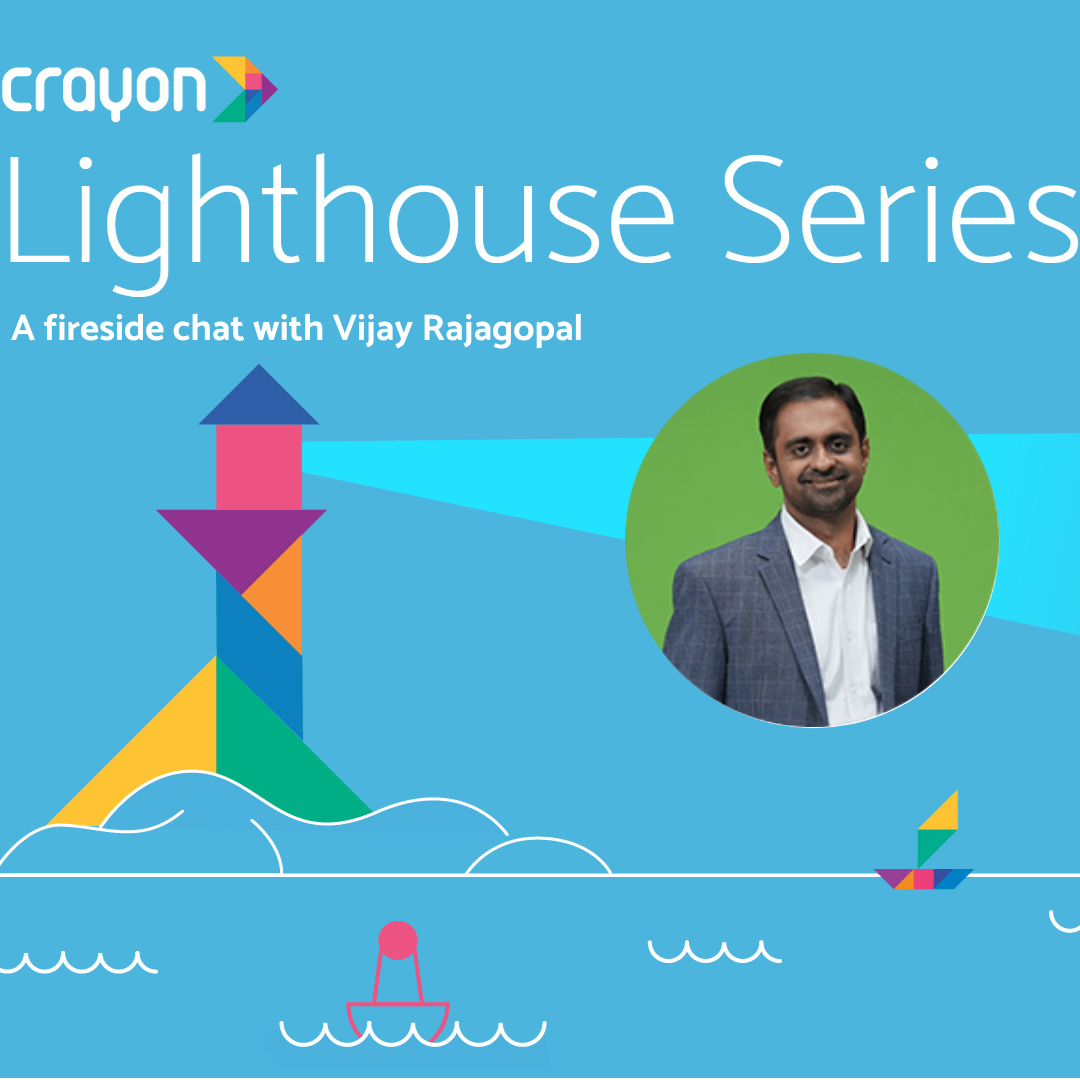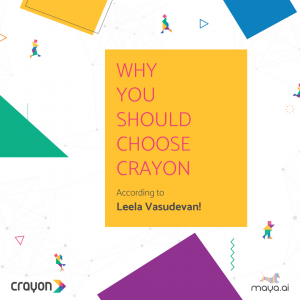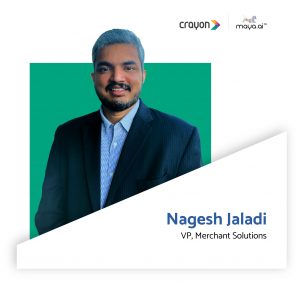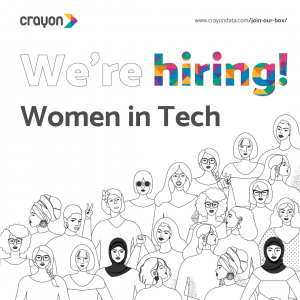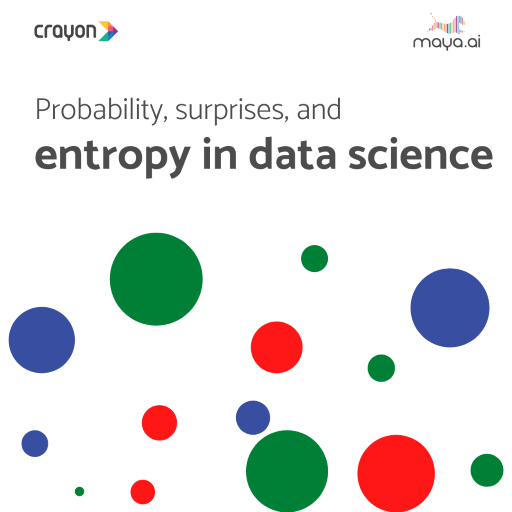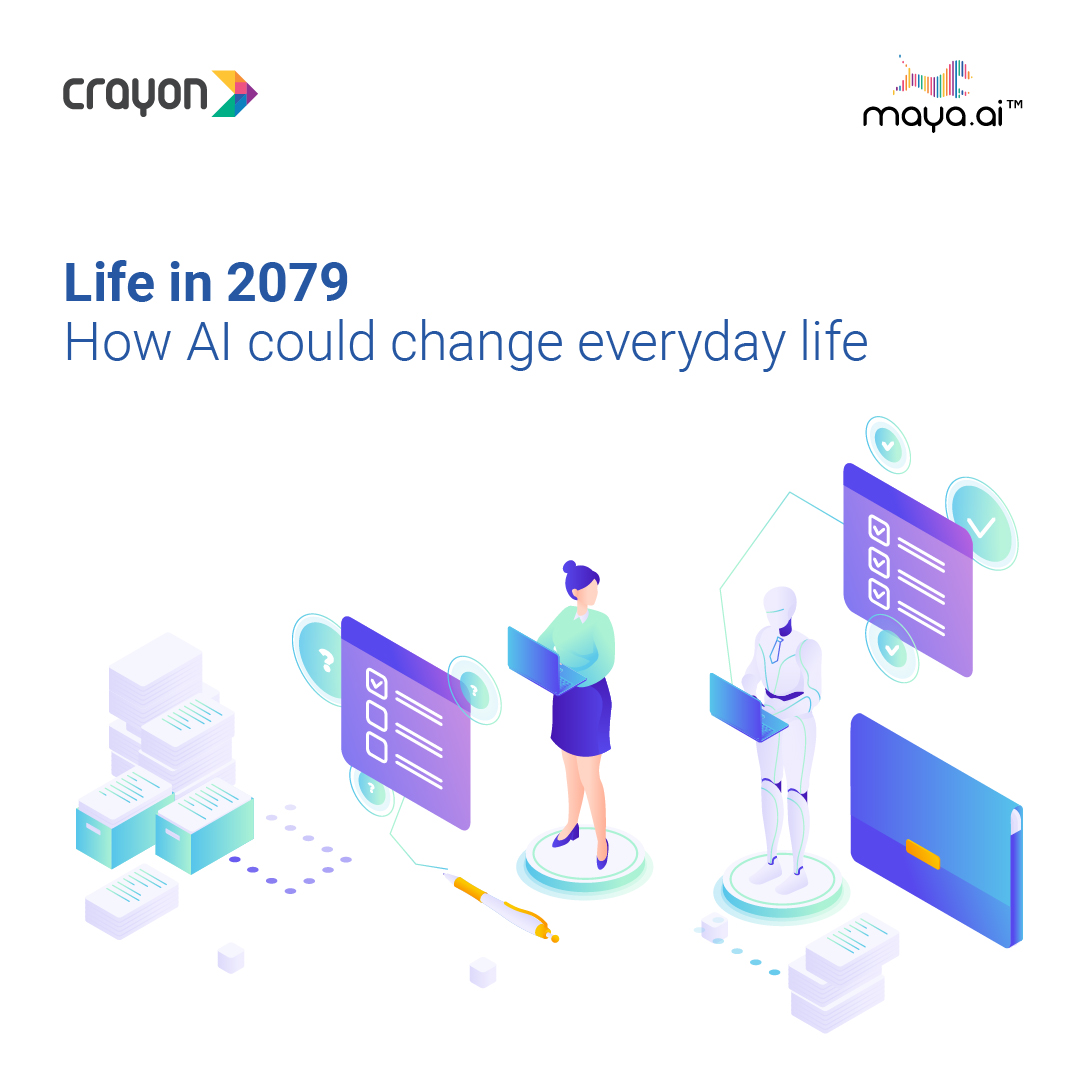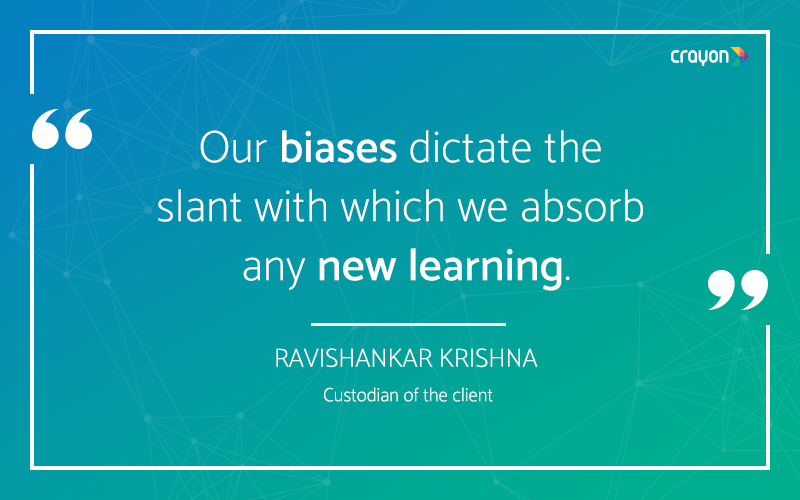
Crayon Power Quotes Volume 2
1. Leadership is about making the right decisions, at the right time, and ensuring the workforce follows through with that decision with effectiveness. What are your thoughts?
A lot has been written about leadership, but less so about followership (the flip side). What makes a good follower? And why would a follower desire to follow? Right decisions at the right time are surely the right thing – but we often forget that leaders are human too. Between leadership and its followership, it takes trust, faith, and “honest, intelligent effort” for decisions to become effective.
2. I have learned that when left alone or undisturbed, people always come back and surprise you with positive results. What are your thoughts?
This statement sits very well with me.
Results (or success, from a slightly different perspective) is often just a fit between a person and his environment. Leaving a person alone/undisturbed is in effect, an act of taking away expectations (impact of the environment), allowing the person to be his/her best.
3. When in doubt you go with your…. reason/gut/instinct/peer feedback/team thoughts…
Actually, I am such a clarity seeker that when in doubt I first seek clarity. But when that is not in sight, I rely on my instincts/gut.
4. What makes you tick/come into work every day, happy and excited about a fresh day?
My shorthand for what makes me tick is “i+3C”.
Looking back, these have been the conditions when I brought my best to work.
‘i’ is for interaction. I am most engaged when I have people to work with. This is across contexts (not just work, but sports, music…). This does not mean that I cannot or do not need to work alone; it just means that my motivation is at a different level when I am working with other people.
The 3Cs are for Clarity, (or rather, the absence of) Clutter, and Conviction. For me, there is no difference between clarity and action. The absence of clutter is what allows me to focus. And conviction gives me the perseverance to see things through to the end.
5. What part do you like most about being a mentor?
Watching your people grow.
6. If you had to drive home a message to all of your employees – about learning and life, what would it be?
Someone once said, “There is no difference between one who doesn’t read and one who can’t.” Kind of hard hitting – and can be extended to learning too. Stop learning, and you stop growing.
So, find out your conducive learning prerequisites – and make sure you get it. Some like to set aside x% of their earnings for continued learning; others create their own den to turn to. Some prefer structured learning to learning through observation. And yet others insist they are better off learning through reading vs listening vs hearing oneself aloud. Whatever it is, figure out what makes you learn.
7. What is an ideal Crayon (provide character traits or things you would want your team to be/have)?
One who (1) makes commitments (2) tries everything to live up to them and (3) while at it, raises the level of the entire team
8. What’s the most important factor you consider when hiring someone?
Does the person bring the strengths needed by his team, specifically (1) to the role at hand – from a short-term point of view; and (2) to the extended team – from a longer-term point of view.
9. What’s the biggest risk you’ve ever taken?
When I went abroad to pursue my MBA, I had secured funds to last me through only the first year of the two-year course! Perhaps the biggest risk in life I took.
If I were to go back in time and use my business school learnings to assess my decision of whether to do my MBA or not (given my financial situation), I would not have proceeded with my MBA studies!
I guess sheer determination (and the need to survive) won over logic in that instance.
10. What would be the ideal work day for you?
No two days are really the same.
11. What is the best piece of advice you would give to a young professional to succeed?
Know that one is a slave to only two things in life. One, your self-image. Two, your temperament.
Rationalize with the first (often) to eliminate misconceptions. Recognize the second to discover yourself and know when you are within or outside your comfort zone.
Personal growth will come from pushing yourself beyond your comfort zone and pave the way to success.
12. What is the best piece of advice you have ever received?
“Performance is its own reward.” is a piece of advice I got from my classmate. It has made me reflect and reaffirm its truth time and over.
13. How would you self-evaluate a goal you have set?
Beforehand, decide the proof-point or symptom that is an observable outcome of your efforts. Then decide what ought to define a critical mass of effort that is reasonable for such a proof point to show up. Assess your efforts only after putting in the said critical mass of effort – and only then decide whether a course-change is needed.
I have found this to be important, as one tends to try something new (again and again!) when we don’t find traction in reaching our goals – and overlook asking ourselves if a critical mass of effort was deployed in the first place.
14. What is your personal vision for Crayon? What do you want to see it grow to or achieve?
“Simplifying the world’s choices” is a powerful statement of purpose. Broad enough to lend itself to many contexts. Timeless, to give it perpetuity – for life is such that one is always faced with a set of challenges.
I see Crayon to be associated with the science and art of making choices, much the same way Google is associated with search or Apple with the user experience.
15. Change is inevitable. What are your thoughts?
Personal growth, be it in the professional sphere or merely attempting to be a better person – is something everyone seeks at some level. That comes from change and all change is personal IMO (and learning is at its core).
It is pointless trying to change other people (whether at work or at home or wherever) – the best one can do, is to get them to realize the need for change and promote a conducive environment to effect that change.
It helps to play it forward (e.g. “what would you like your resume to read like 5 years hence?”) to decide what that change can be. it also helps to be kind to yourself — that adage about “courage to change what I can, serenity to accept what I can’t and the wisdom to know the difference” is so, so true!
16. What builds a solid foundation for a team? Share your thoughts.
Complementarity of what each person brings, in an environment of trust where one can bare one’s weaknesses without fear. Built on a bedrock of communication, transparency, and fairness.
17. There are good days, and there are bad days. What powers you through both?
Inspiring conversations are enough to turn a bad day into a good one. I love talking to clear thinkers and communicators.
18. What according to you, is an optimal use of time?
It isn’t time in or of itself but working towards objectives by applying skills for a given time. So, the optimal use of time is really about challenging oneself with a set of objectives to be achieve within a given time.
19. What’s your power quote. (A quote you truly believe in)
“When the student is ready, the teacher appears” – is believed to be an old Chinese saying.
I am particularly fond of this quote as it reminds one that keeping a truly open mind is not easy! Our biases dictate the slant with which we absorb any new learning. In this quote, I have found a perpetual challenge to self-improvement. And in retrospect, I fail miserably in many instances…
